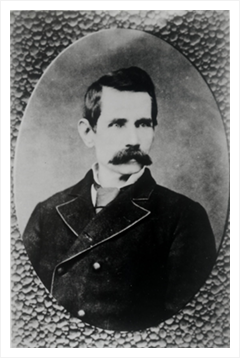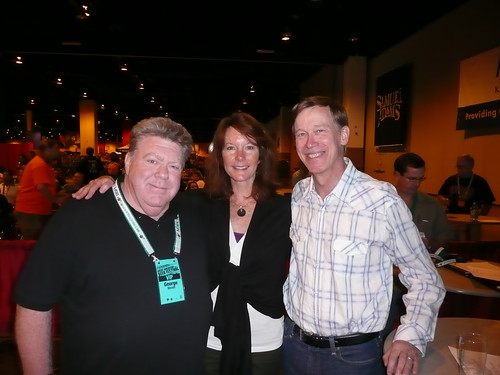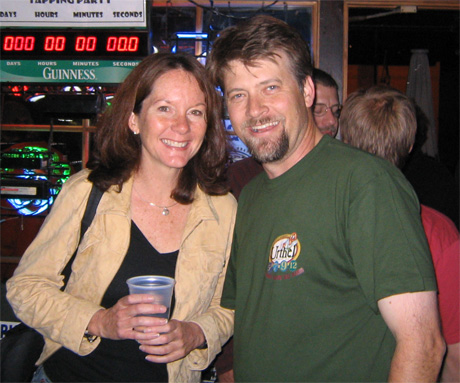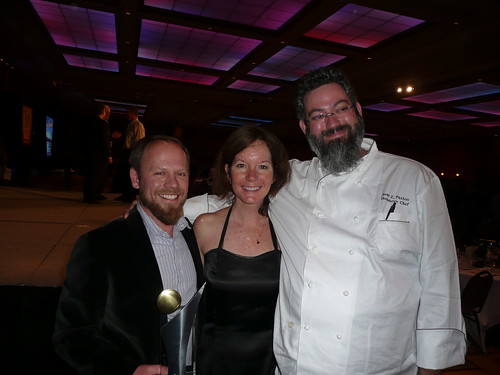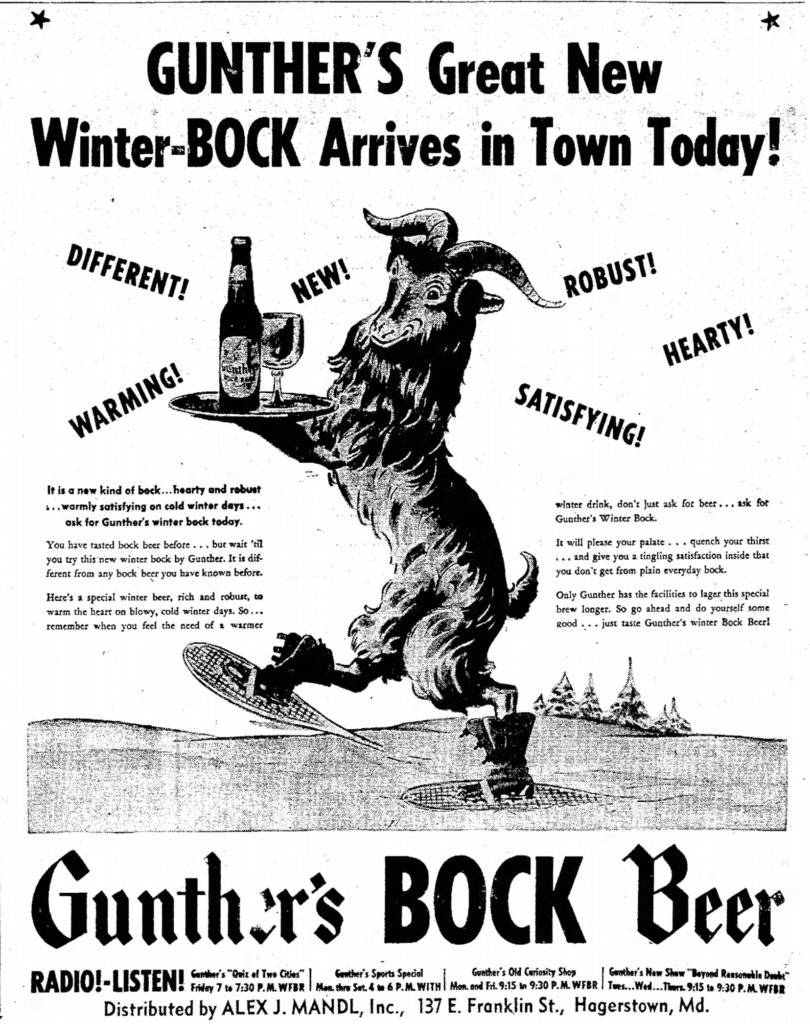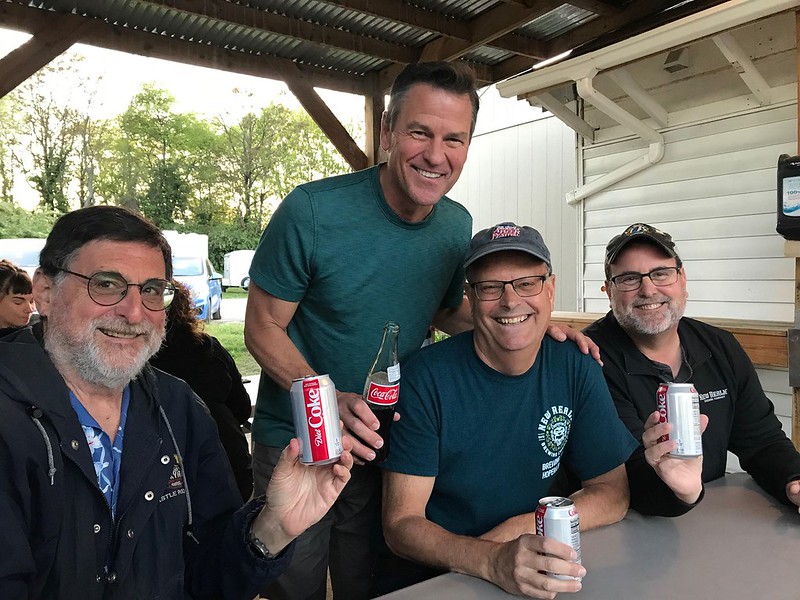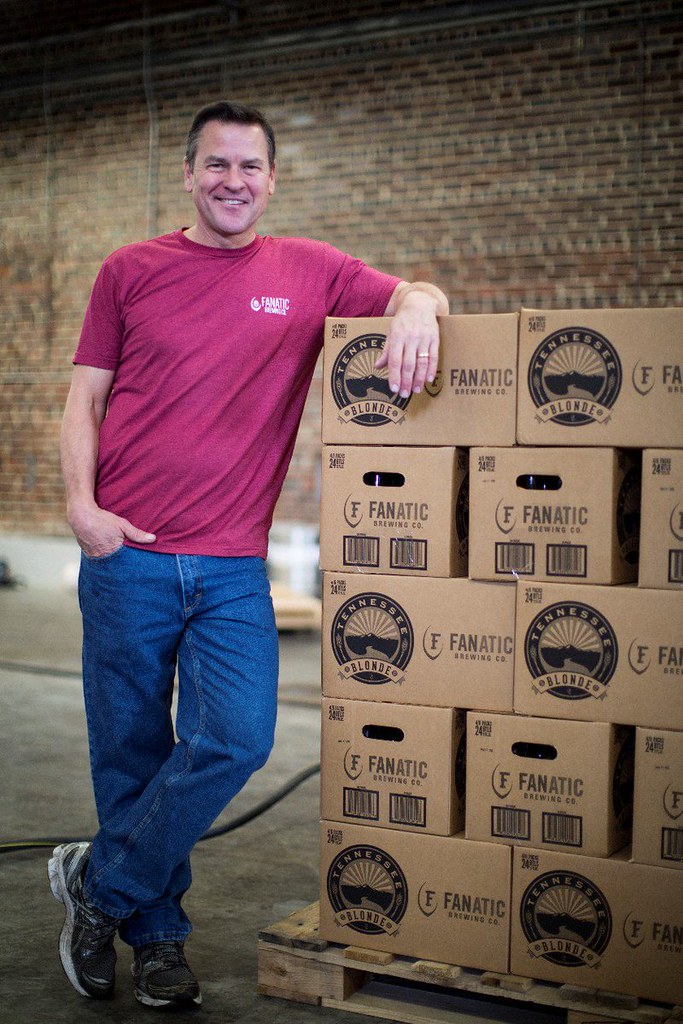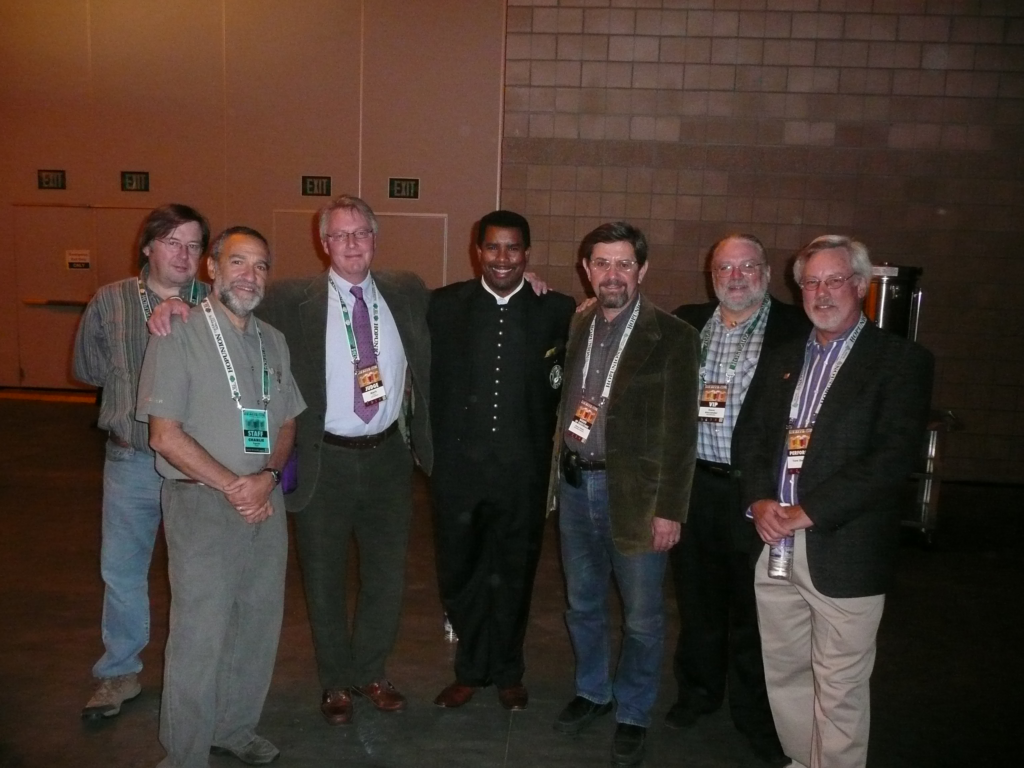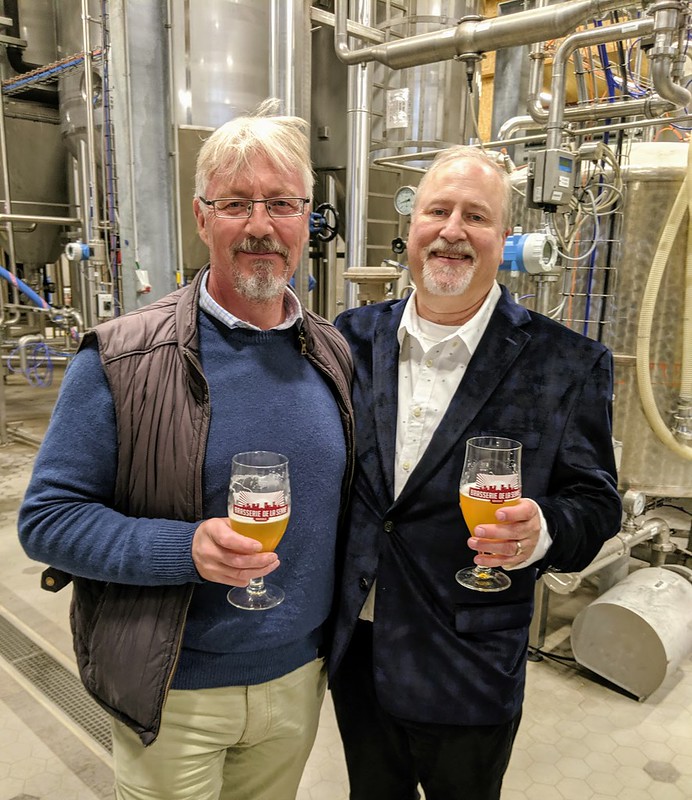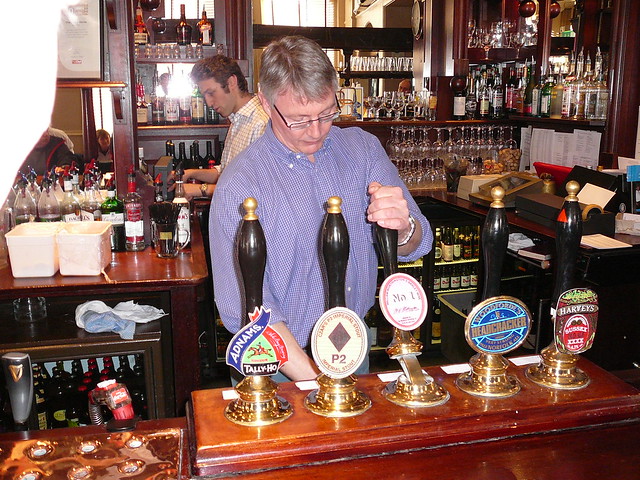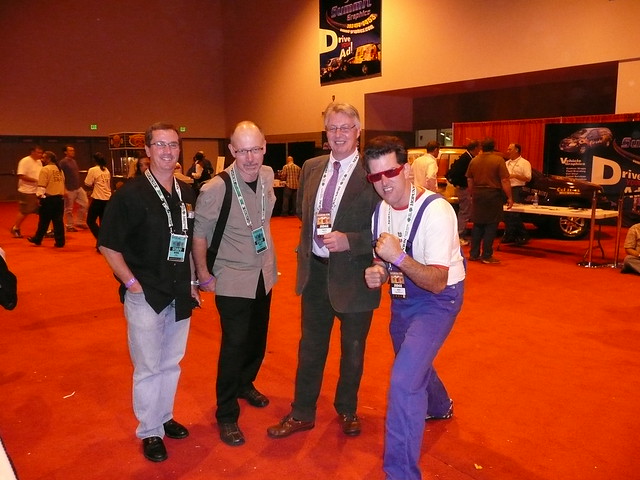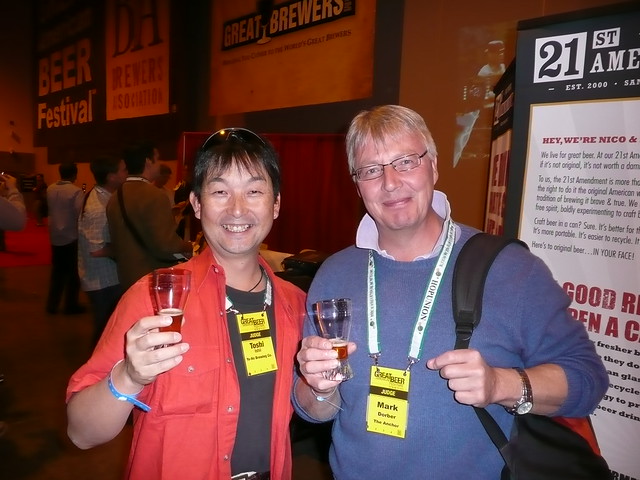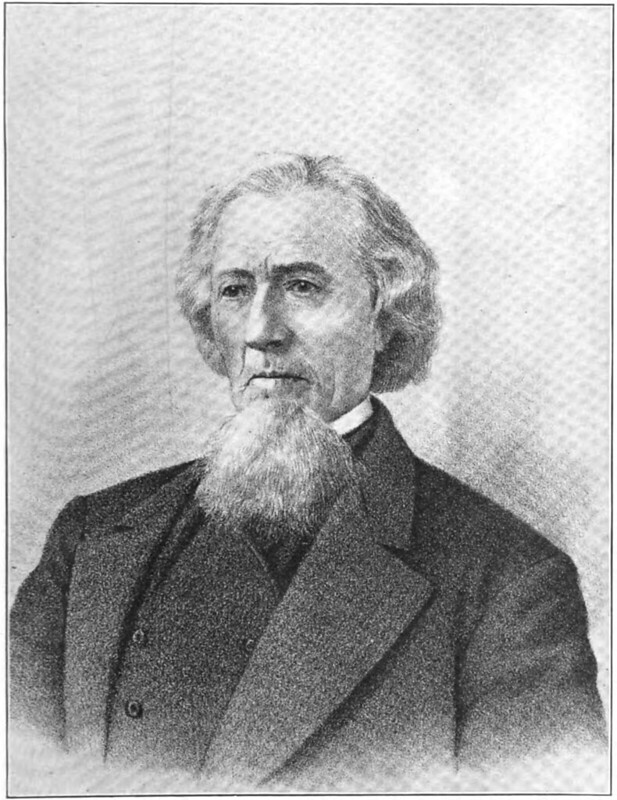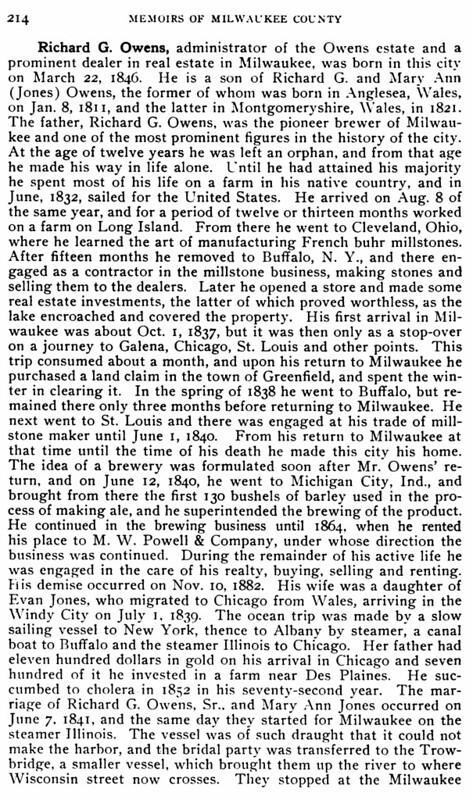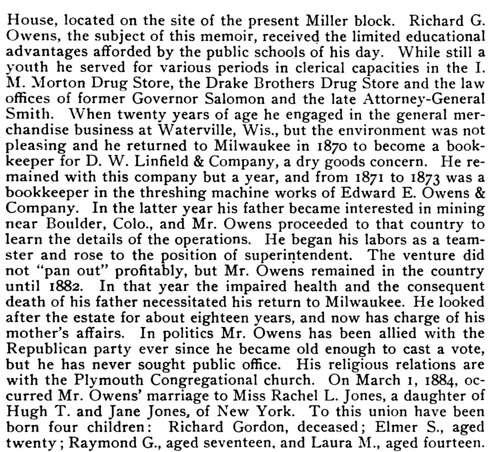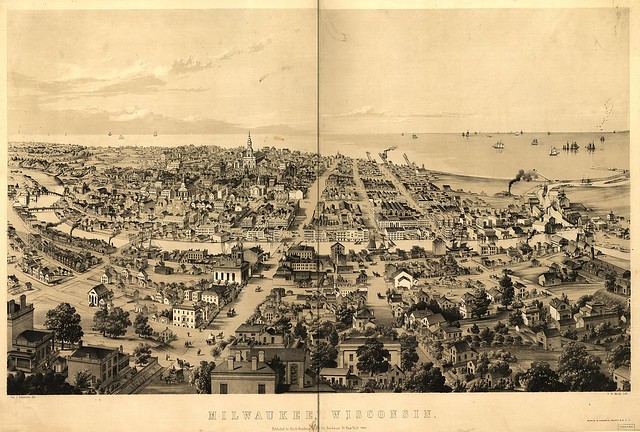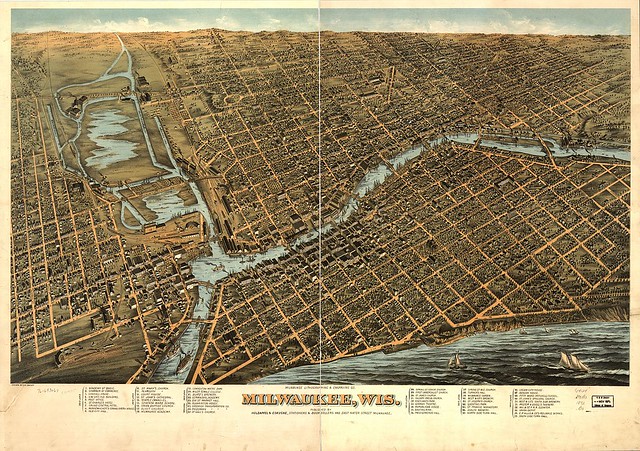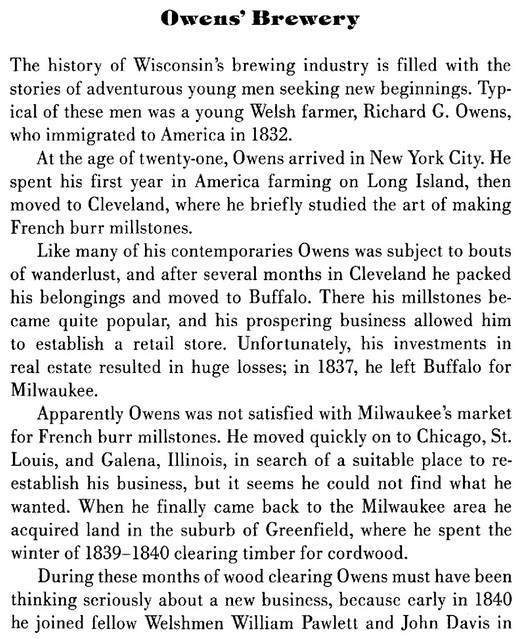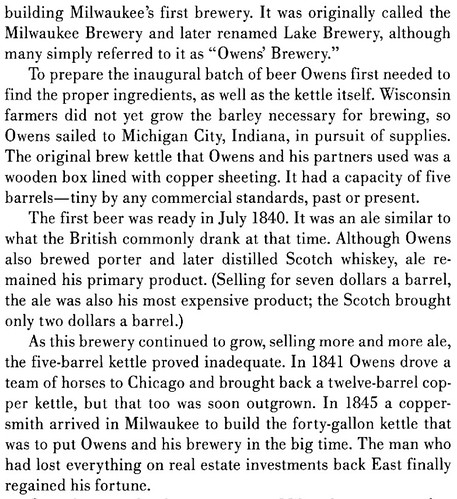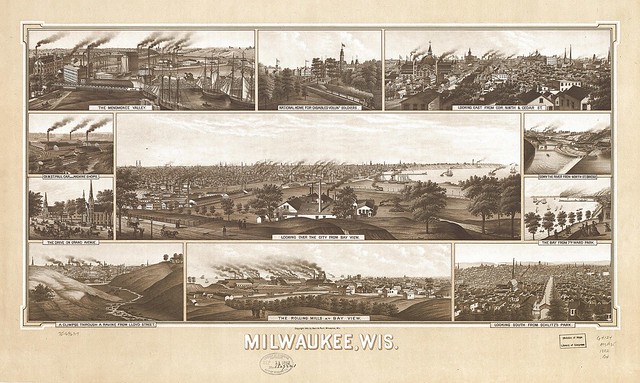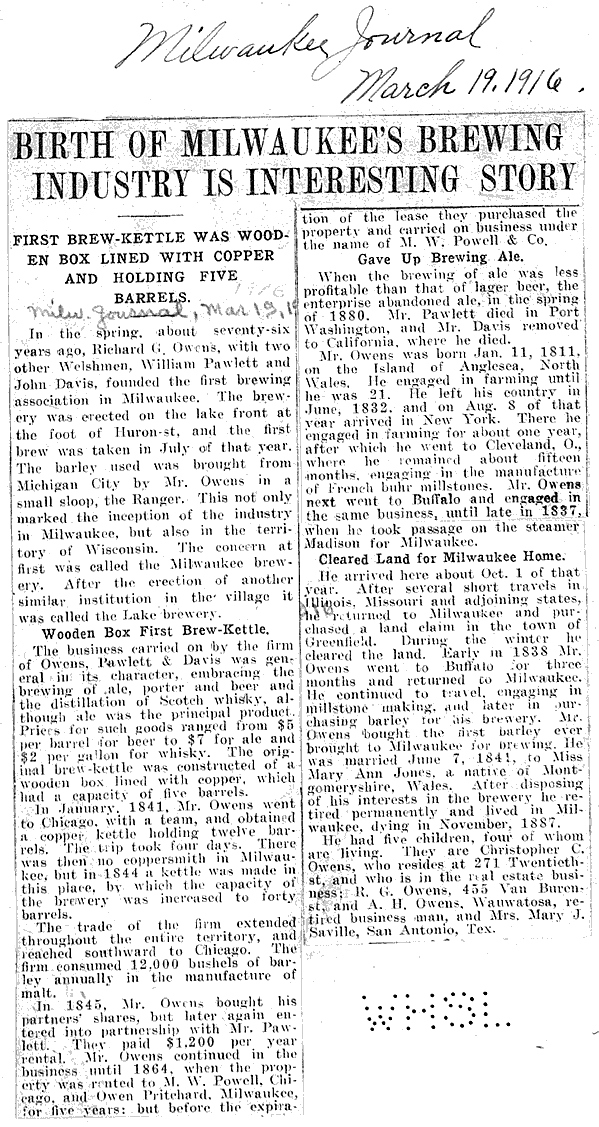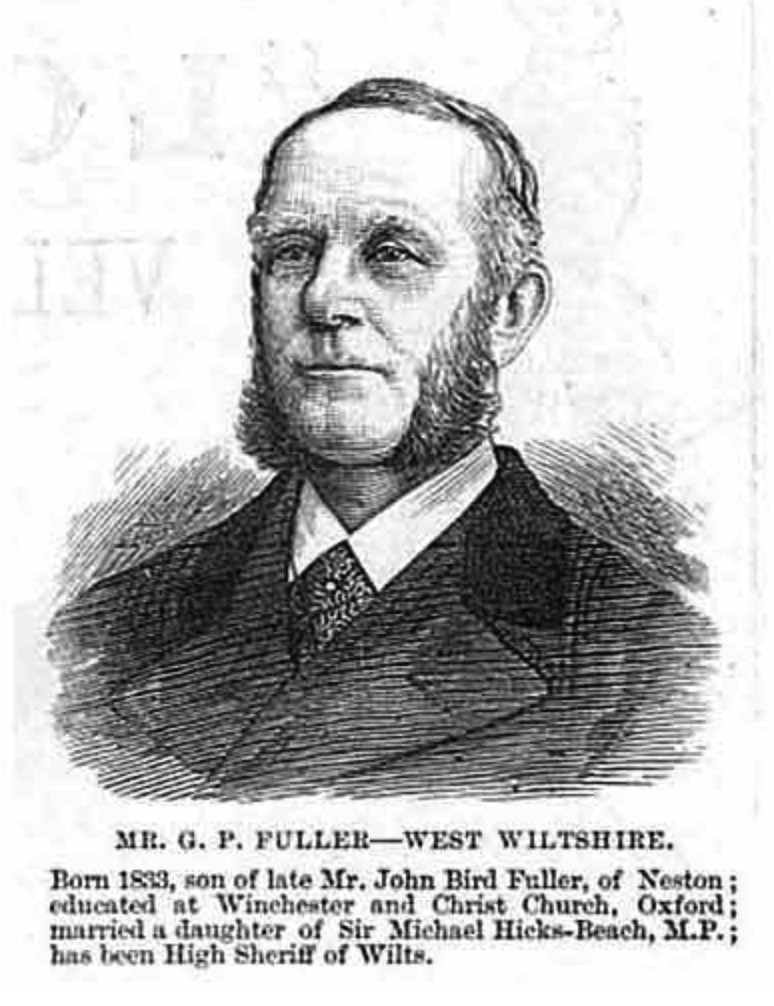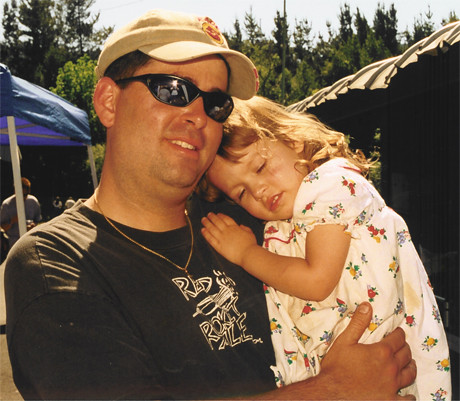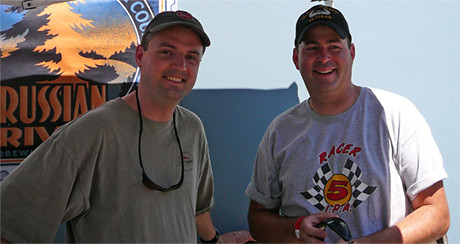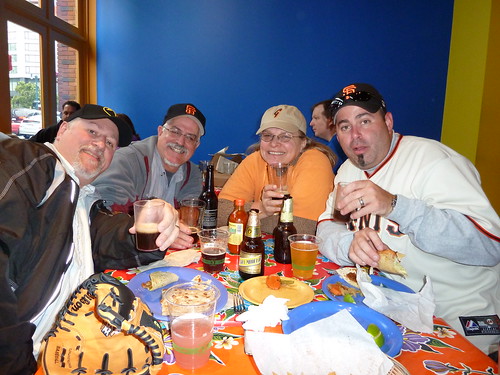
Today is the birthday of William Copeland (January 10, 1834-February 11, 1902). He “was a Norwegian-American brewer. In 1869 he established the Spring Valley Brewery in Yamate, Yokohama, Japan. Spring Valley Brewery was one of Japan’s first beer breweries, and in 1907 became the founding production facility of Kirin Brewery Company, one of Japan’s largest domestic beer producers.”

Here’s his basic biography, from his Wikipedia page:
Copeland was born Johan Martinius Thoresen in Arendal in Norway. In the 1840s, Copeland worked for five years as an apprentice to a German brewmaster a few blocks from his home before immigrating to the United States and changing his name to William Copeland.
Moving to Yokohama, Japan in 1864, Copeland first worked in the dairy business and then set himself up as a brewer in 1869 with the Spring Valley Brewery, which was located at the site of a natural spring next to the Amanuma Pond below the Yamate foreign residential neighborhood, where he dug a 210-meter cave into the side of a hill and used its low fixed temperature to help the beer mature. After Louis Pasteur invented pasteurization, Copeland was quick to adopt the new technique in his factory. Copeland produced three varieties of beer: a lager beer, a Bavarian beer, and a Bavarian Bock beer. His beer was principally sold in casks to local Yokohama taverns with a small amount of bottled beer being made available to foreign residents in Yokohama, and then was shipped to Tokyo and Nagasaki. He went back to Norway and married Anne Kristine Olsen in 1872. They lived in Japan but she became sick and died seven years later. Although Copeland showed talent as a beer brewer, he was a poor manager, and in 1884 Spring Valley Brewery was put up for public auction.
With the assistance of Scottish merchant Thomas Blake Glover, the Spring Valley Brewery was sold in early 1885 to a group of Japanese investors and renamed The Japan Brewery. German brewmaster Hermann Heckert was hired to oversee production. Glover was also instrumental in establishing a sales agency contract with Meidi-ya for the relaunched brewery, Kirin Beer, which was launched in May 1888.
William Copeland’s grave, maintained by Kirin Brewery Company, is located in the Foreigner’s Cemetery in Yamate, Yokohama. The site of the former Spring Valley Brewery is now occupied by Kitagata Elementary School. Monuments and water wells visible at the edge of the school grounds attest to the site’s history.
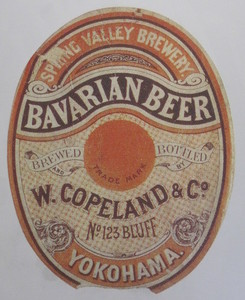
The tourist website Japan Travel has an article, Yokohama Beer Pub, Spring Valley, which gives some additional details about Copeland:
Copeland was born in Arendal Norway in 1834. His original name was Johan Bartinius Thoresen. There was a beer brewery near his house and he was apprenticed to the brewery for five years. After working there, he immigrated to America and changed his name to William Copeland. In 1864 he came to Japan and invested in some companies for a few years. He saved some money and eventually established his own beer brewery, Spring Valley Brewery, in 1870. He came up with various ideas on how to brew delicious beer; He dug a 210-meter cave into the side of a hill and used its low fixed temperature to help the beer mature. After Pasteur invented pasteurization, Copeland soon adopted the new technique in his factory. His beer rose in popularity among foreign residents in Yokohama and then was shipped to Tokyo and Nagasaki as well. He went back to Norway and married Anne Kristine Olsen in 1872. They lived in Japan but she became sick and died seven years later. Although Copeland showed talent as a beer brewer, he wasn’t a good manager. In 1884 Spring Valley Brewery was put up for public auction.
Kirin took over Copeland’s brewery and eventually expanded the business worldwide. The place where Spring Valley Brewery used to stand is now called Kirin-en Park. There is a big monument there to commemorate the brewery.
Copeland remarried a Japanese woman, Umeko Katsumata, in 1889 and took trips to Hawaii and then Guatemala, trying to establish new businesses but chronic heart disease and arthritis, as well as financial difficulties, prevented him from doing so. Finally the couple came back to Yokohama in January 1902, and Copeland passed away the following month at the age of 68.
By the way, his wife Umeko was the second daughter of the proprietors of Ise-ya—a famous, long-established inn in Hakone’s Ashino-yu district. These days, Ise-ya is called Kakumei-kan and is still doing very well.
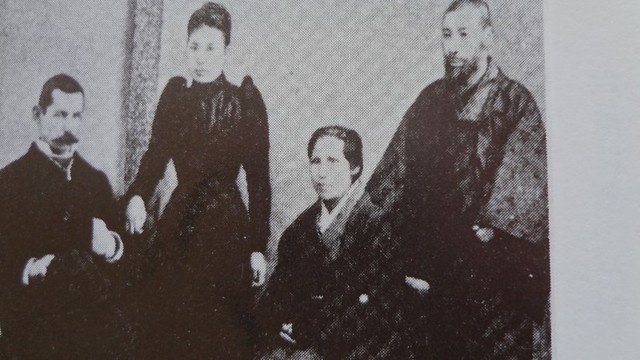
In 2014, the Kirin Brewery reopened a new Spring Valley Brewery as a brewpub, and there are currently two locations, one in Tokyo and another in Yokohama, which is near where the original brewery was built.

The new Spring Valley Brewery website has this history of Our Brewer’s Passion:
150 years ago, one beer brewer stepped foot on a newly opened seaport of Yokohama. His name William Copeland, a Norwegian-born American, founded the Spring Valley Brewery in Yokohama located far from his homeland.
During the time, Japan was in the midst of cultural enlightenment and supplies of ingredients and equipment for brewing beer was scarce. However, he exercised his ingenuity to overcome these struggles by installing a naturally powered water wheel to mill malt and prepared wort during the winter season to keep it cool.
His beer attracted the interest of many foreigners who lived in Yokohama’s foreign settlement, which eventually caught on to the Japanese locals. This popularity made Spring Valley Brewery become the first brewery in Japan to achieve commercial success.
Copeland devoted his life to his passion for beer, not just as a brewer, but also by making Japan’s first beer garden in his own yard, later passed down to Japan Brewery, the forerunner of Kirin Brewery.
Brewers who studied under Copeland found their own paths to cultivate the production of domestic beer, thus often, William Copeland is referred to as the father of Japanese beer.
